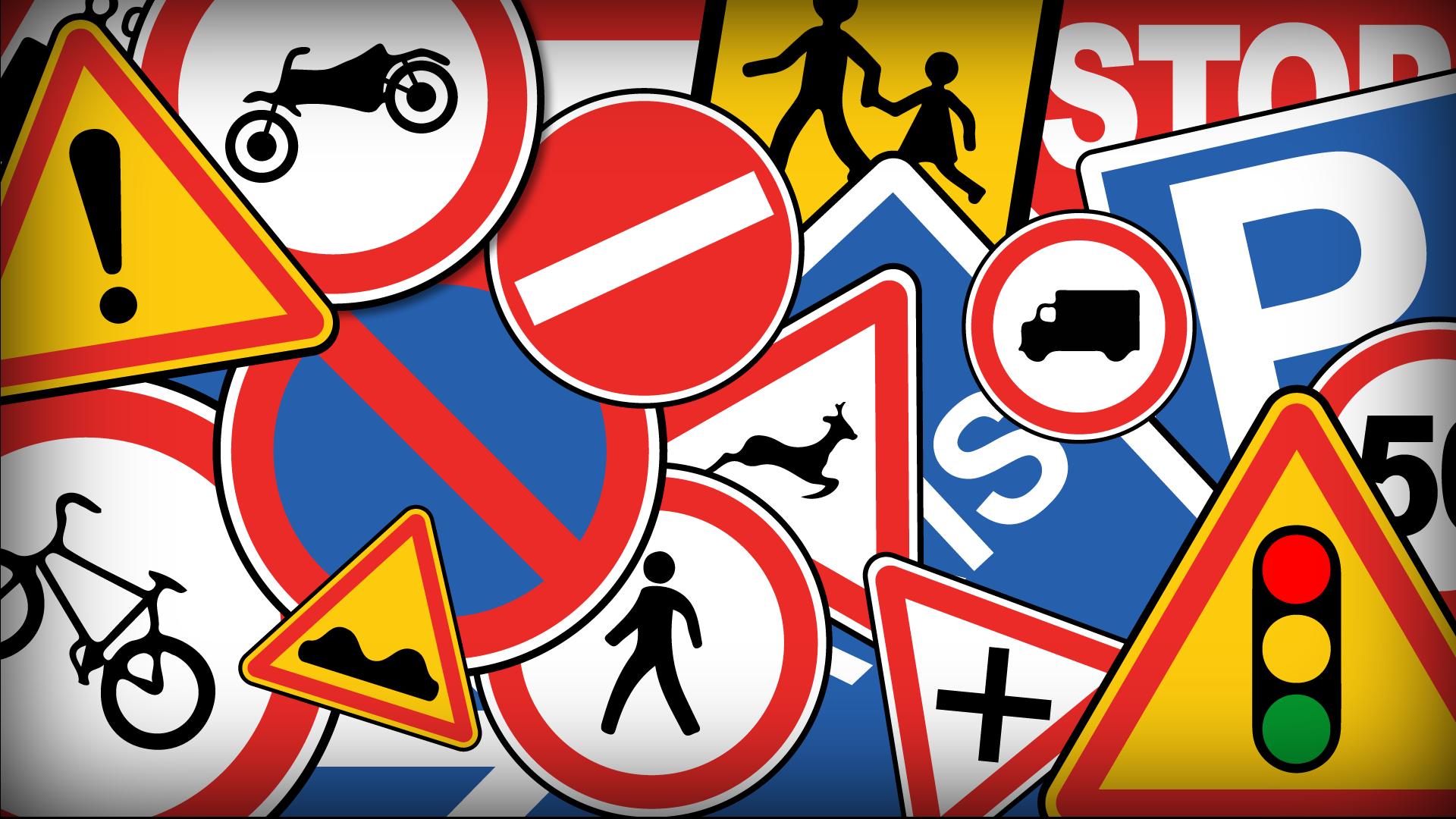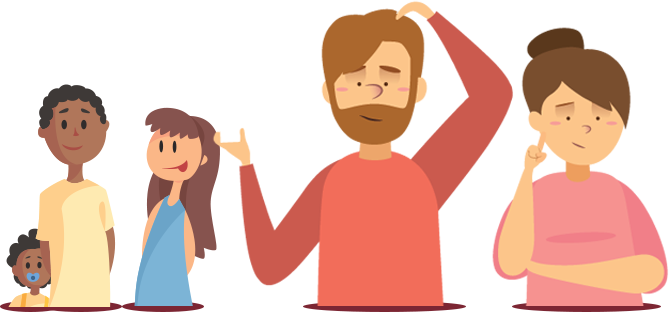Question of the month

A teacher asked her class to come up with a set of rules for the class. They organised themselves into small groups and after a while each group leader came to present their group’s ideas to the whole class. The suggested rules made sense and covered everything that happened in the classroom.
There was one question that remained unanswered: what happens if one of the children in the class will not do the things that the rest of the class wants? What should they do? What kind of punishment should there be?
At school and in our families, punishments are very different depending on which country you live in and the age of the children.
If someone cheats in class, or lies, or hurts a classmate, we have to do something to stop it, don’t we?
If a child disobeys its parents, isn’t it normal that he/she should be told off or punished in some way?
But why should we have punishments and what should they be?
God wanted Adam and Eve – the first human beings – to leave the Garden of Eden, Paradise, because they disobeyed him (did something he asked them not to do). But God did not give up on them. His love was still the same…for them…and for their children.
A punishment should not be designed to hurt someone, but to stop them from doing the same thing again. A liar, a cheat, a thief, someone who disobeys the rules over and over again cannot ever be really happy. They end up being thrown out of the group of friends they once had.
You probably already know about road signs. What are they for? To stop accidents, to stop people being injured or killed. If someone does not keep to the speed limit, he/she can be surprised by a radar or by the police who give them a speeding ticket. The driver is punished. He/she must pay a fine, and if the offence is very serious, there is a risk of being taken to court.
Do you know what the opposite of a punishment is called? It is a reward.
As for me, I would rather have a reward for doing good stuff!


















